How Does Web Design Help Business?
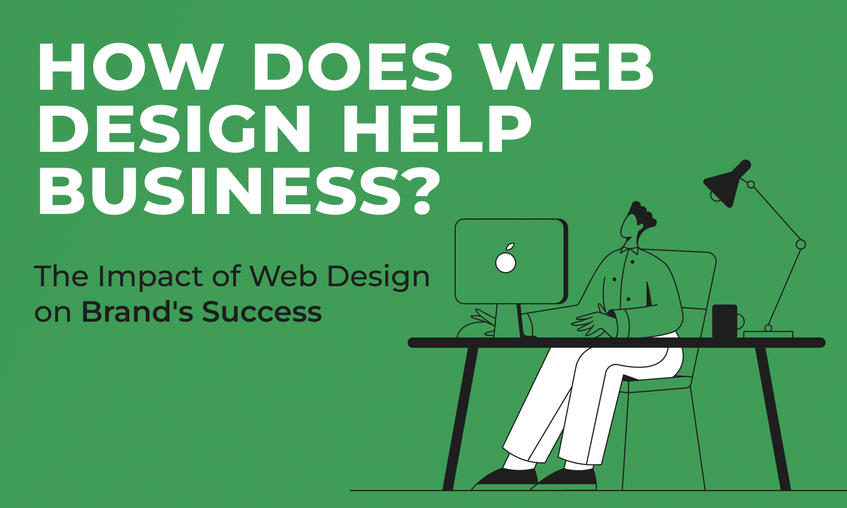
In the digital age, where online presence is a key determinant of a company's flourish, web design emerges as a powerful tool that directly influences the functioning and prosperity of a business. The importance of website design extends far beyond aesthetics, delving into functionality, user experience, and brand representation. Today we'll uncover how web design aids businesses in achieving their goals.
The Impact of Web Design on Business Success
Today, the online platform serves as the primary point of introduction between a brand and its potential customers. Your website's design plays a pivotal role in conveying essential information to visitors - clarifying what your company does, what problems it can solve, and the unique identity it carries. According to a study by WebFX, 76% of users judge a business's credibility based on its website's design.
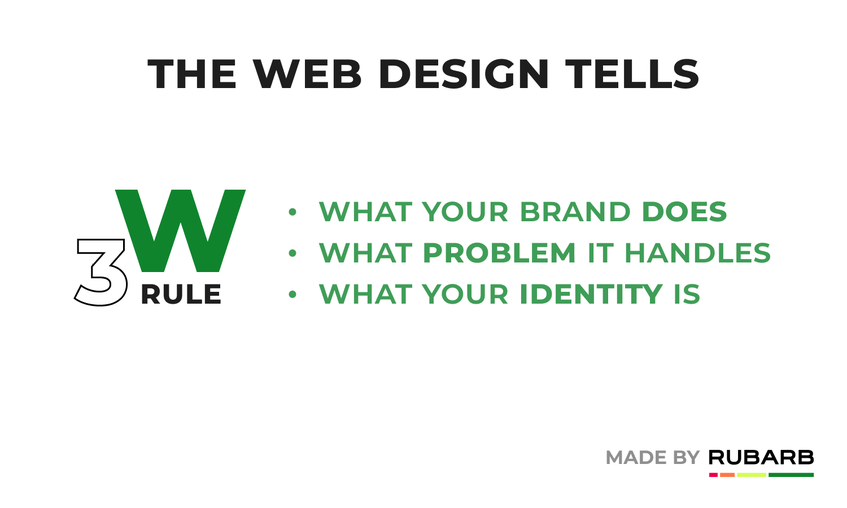
A modern, user-friendly, and professionally worked out website design is crucial, however, it should effectively communicate your brand's core message and character primarily. So, why is web design important? Your website is essentially your digital storefront, and its design sets the tone for the whole customer's experience.
Creating a Positive First Impression and Building Brand Trust
The adage "you never get a second chance to make a first impression" rings particularly true to how web design helps business. An effective website can captivate visitors when they just land on your page. It establishes credibility and trust, reassuring users they are in the right place.
- An Illustrative Example: Real Project. Let's discover one of our recently developed websites, a landing page for Arkway, the Czech transfer company. Once entering the page the customer clearly understands what services they offer and how to get them right now - as the booking form is already on the main page. The website design perfectly conveys Arkway's key value - making travel seamless.
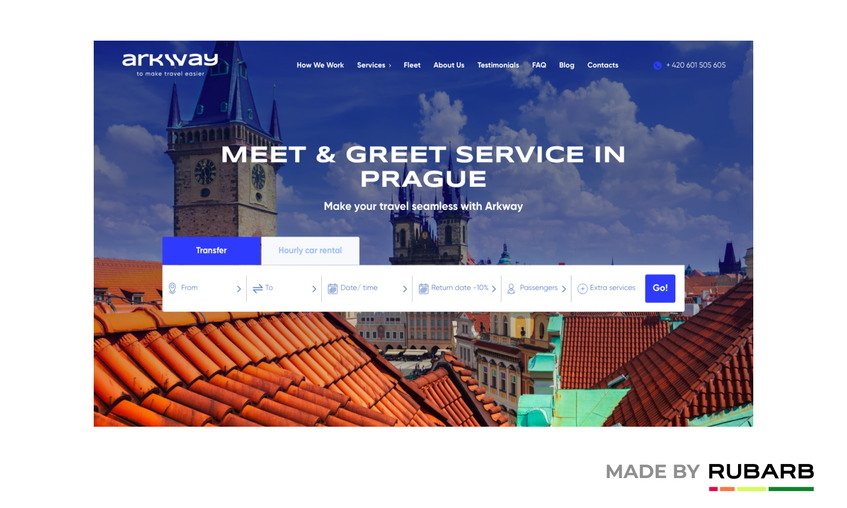
Hence, a professionally crafted design communicates competence and attention to detail, instilling confidence in potential customers.
Improving Search Engine Visibility and Mobile Responsiveness
Why is web design important to your marketing needs? In a world where online search is a fundamental part of the consumer journey, SEO is a vital consideration. Effective web design practices, such as optimizing site structure, improving page load times, and implementing responsive design for mobile devices, contribute significantly to SEO efforts.
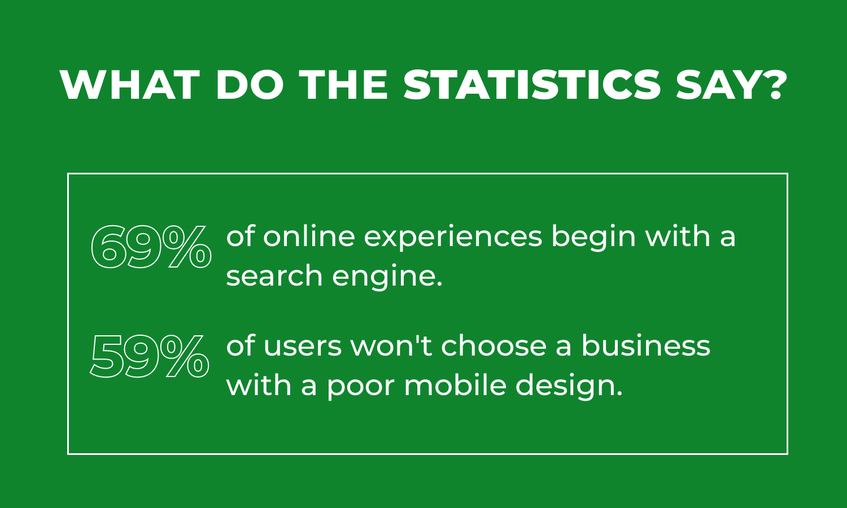
- Statistics show that 69% of online experiences begin with a search engine and 59% of users won't choose a business with a poor mobile design.
Finally, Google and other search engines favor websites that provide a good user experience, and mobile-friendly designs are given priority in mobile search results.
Enhancing User Experience and Driving Conversions
User experience (UX) is of top importance of website design. A seamless, intuitive interface ensures that visitors can easily navigate your site, find the information they seek, and perform desired actions, such as making a purchase or filling out a contact form.
- An Illustrative Example: Real Project. The UX/ UI design for Alpha Platforms, an American company, was developed on the specifics and needs of the potential consumer. The main aim was to create an intuitive interface and make the website design useful.
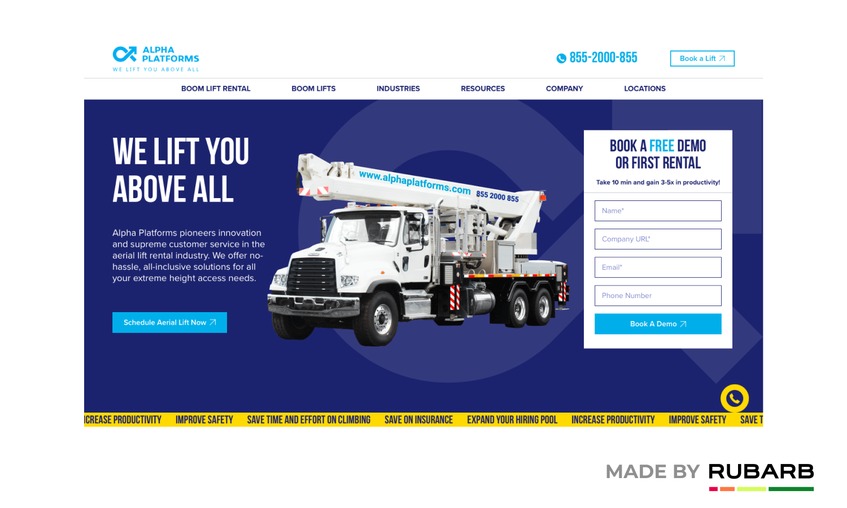
An enjoyable UX keeps users engaged and increases the likelihood of conversions. It's all about reducing friction and making the user's journey as smooth as possible.
Facilitating Content Marketing and Customer Engagement
Content is king in the online market, and web design plays a pivotal role in presenting and delivering content effectively. A well-structured layout, attention-grabbing visuals, and strategic placement of call-to-action buttons can guide visitors to explore your content, from blog posts to product descriptions. Engaging visuals and an intuitive layout can also encourage users to share your content on social media, amplifying your reach.
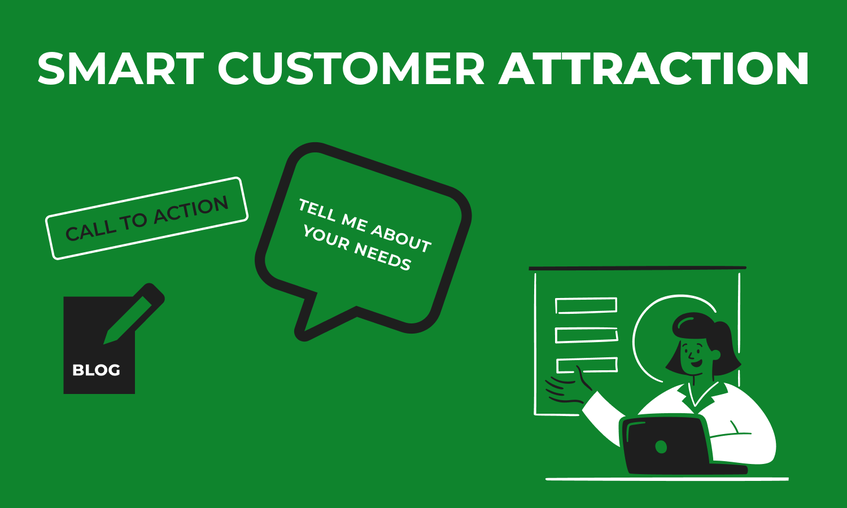
However, web design doesn't stop at content presentation; it's also about fostering customer engagement. Interactive elements, such as chatbots or comment sections, can facilitate communication between your business and your audience. When visitors feel heard and valued, they are more likely to become loyal customers and advocates for your brand.
Eventually, the answer to how web design helps business is obvious. Web design isn't just about aesthetics - it's a strategic tool for brand success. It determines whether visitors stay, engage with your content, and ultimately choose your products or services over competitors.

 Russian
Russian Ukrainian
Ukrainian


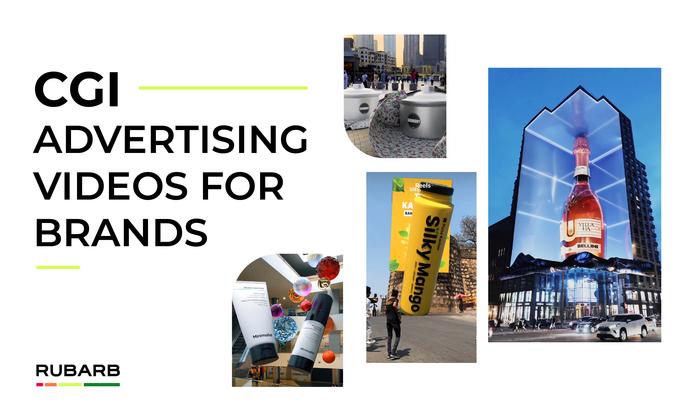
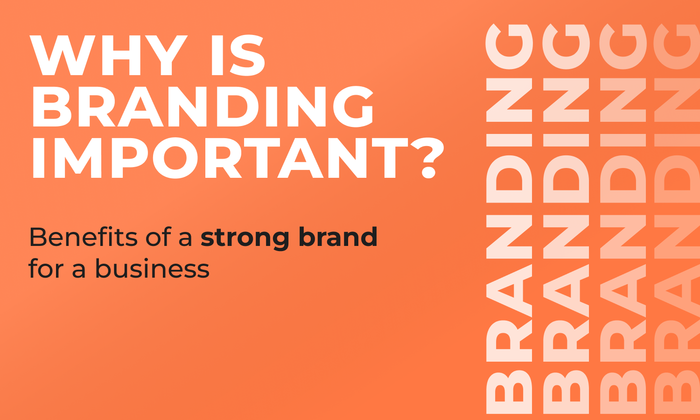
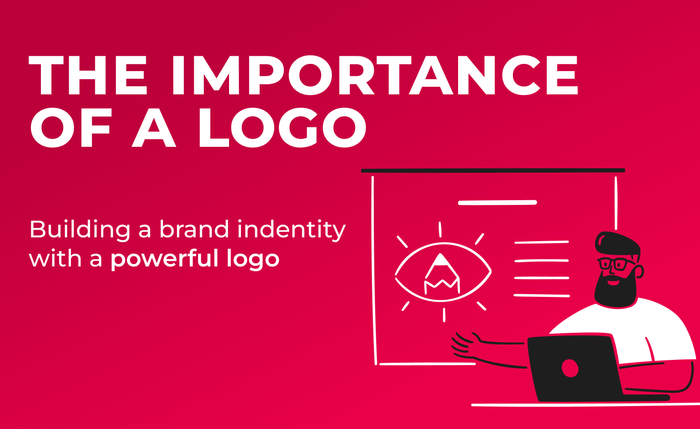



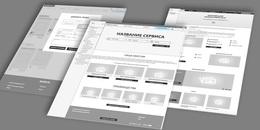
Add a comment
Fields are required *